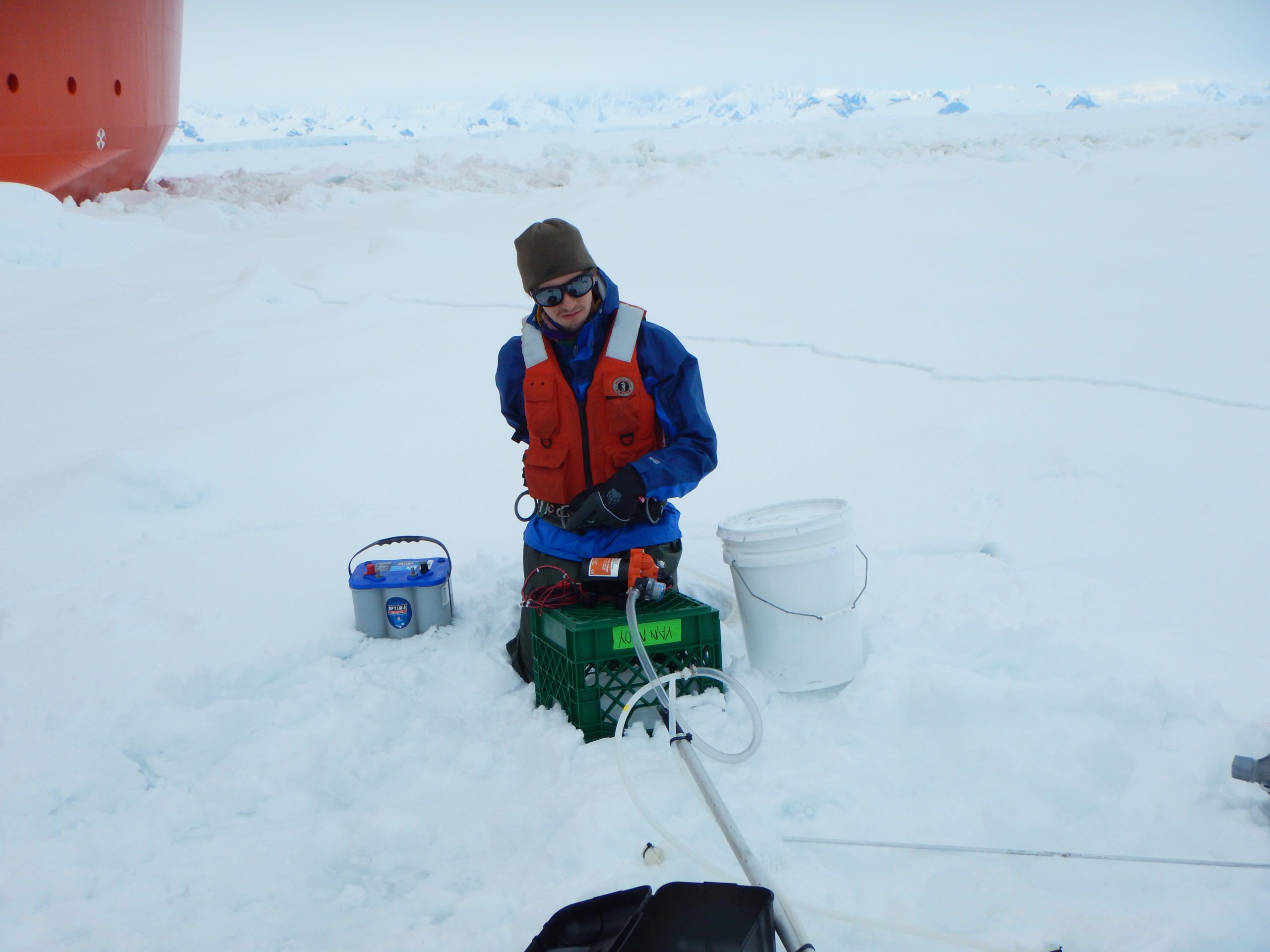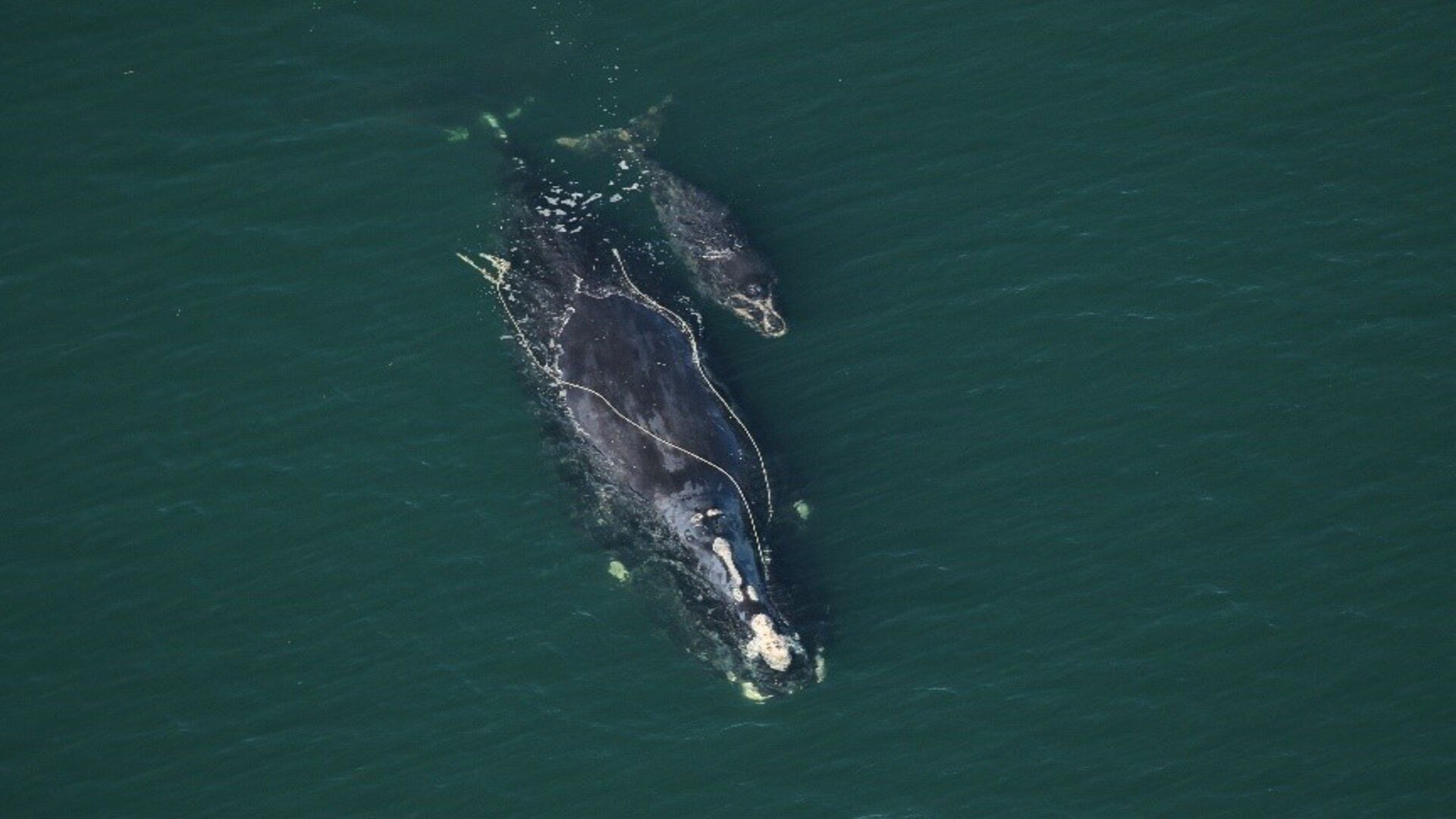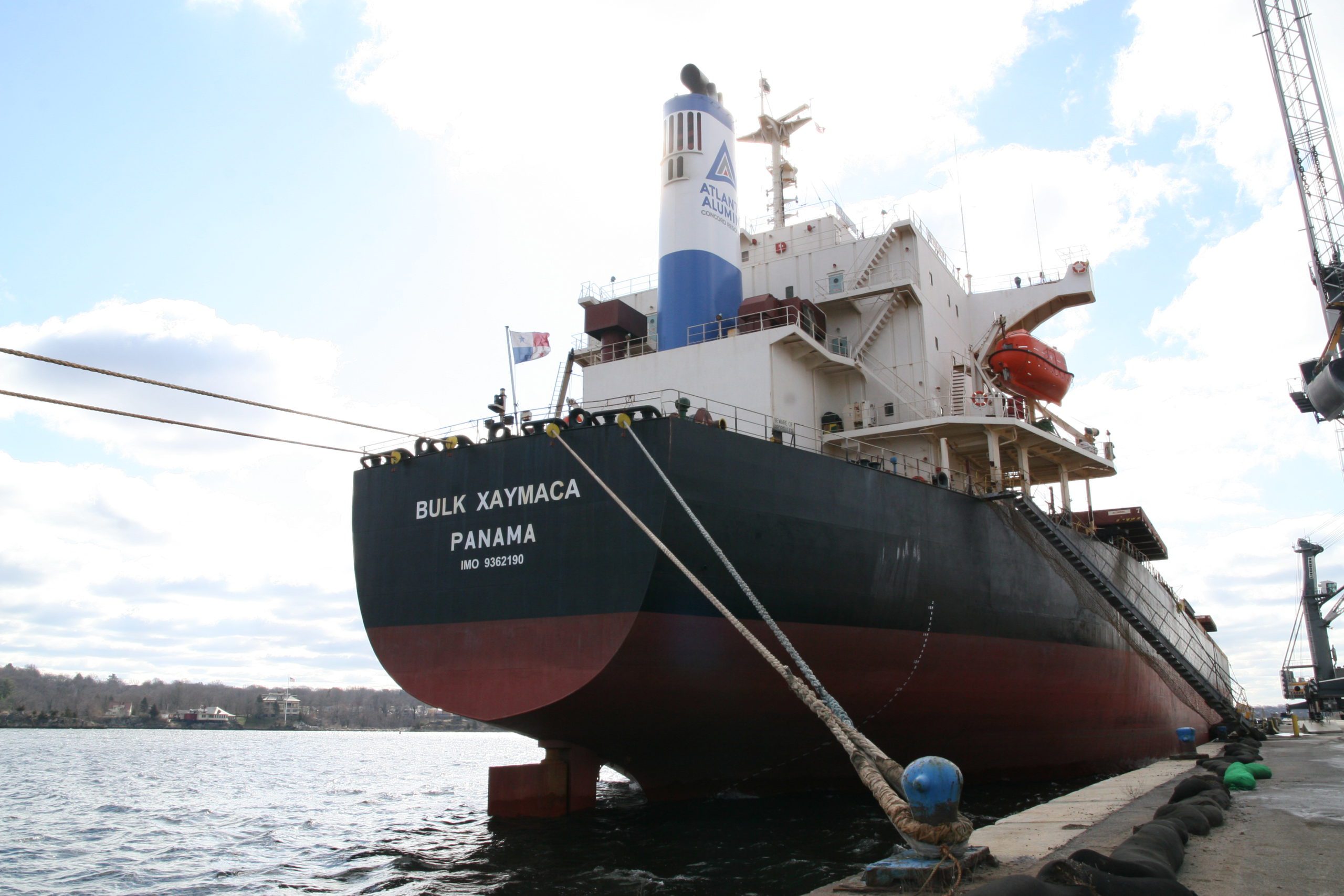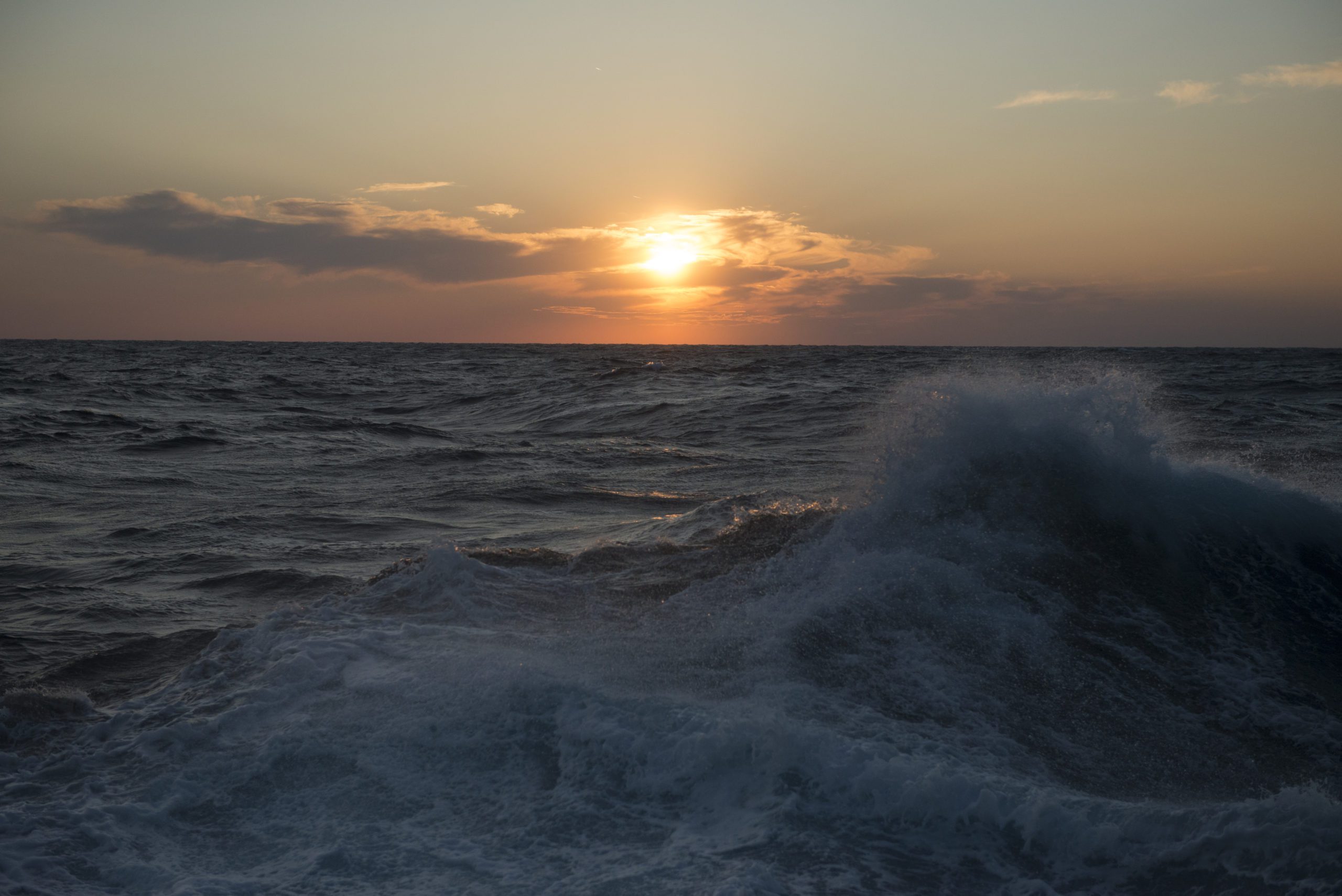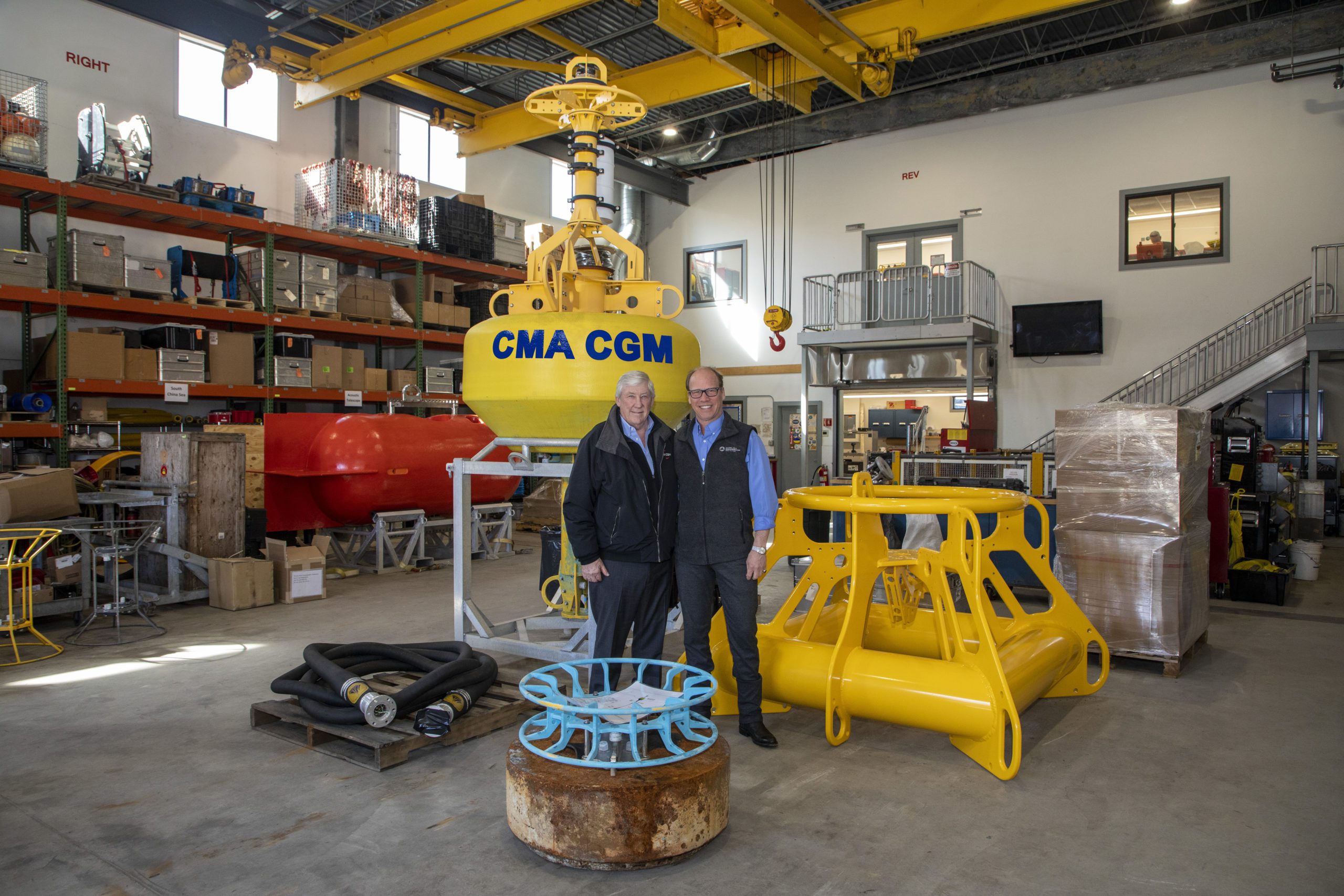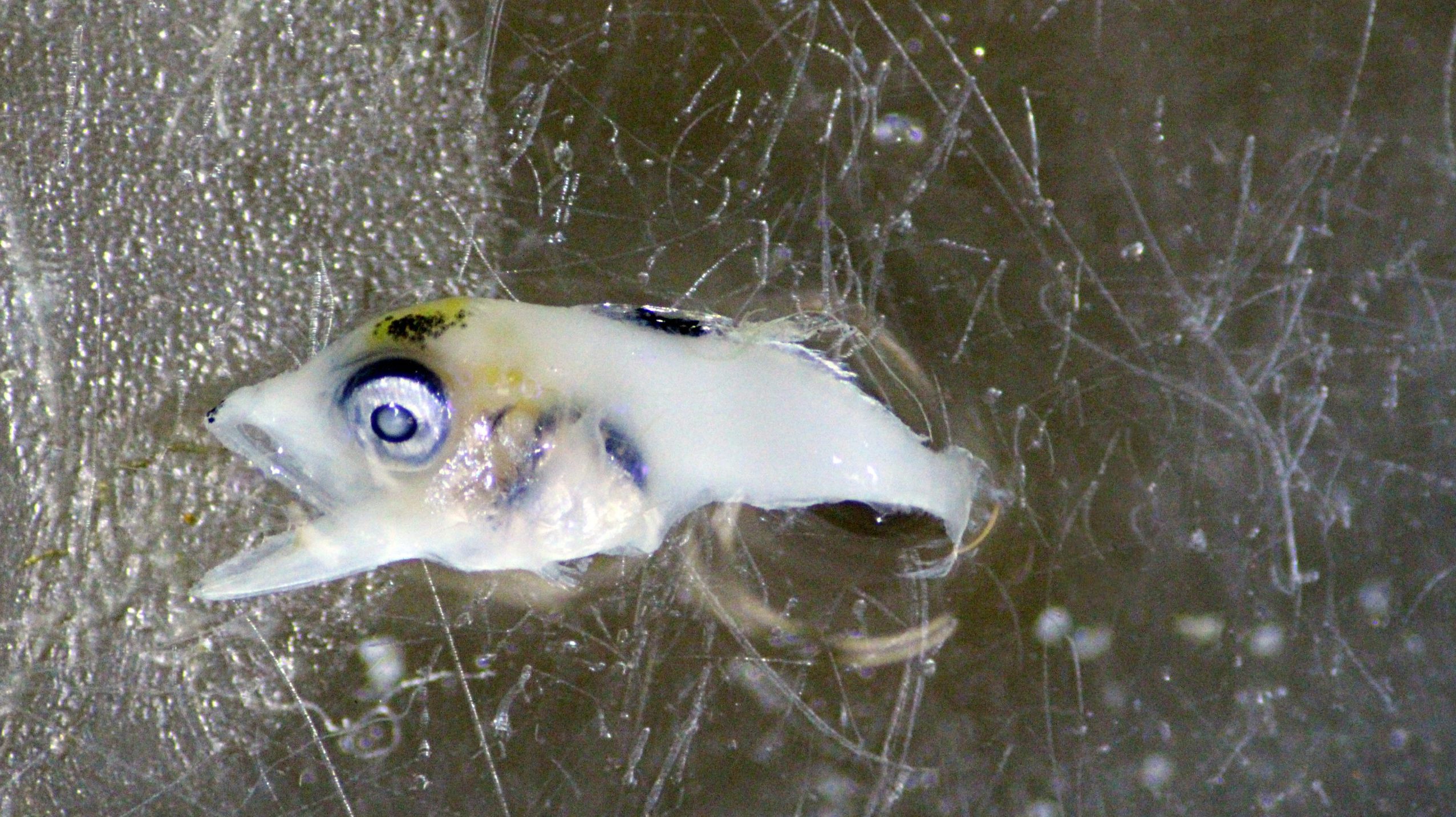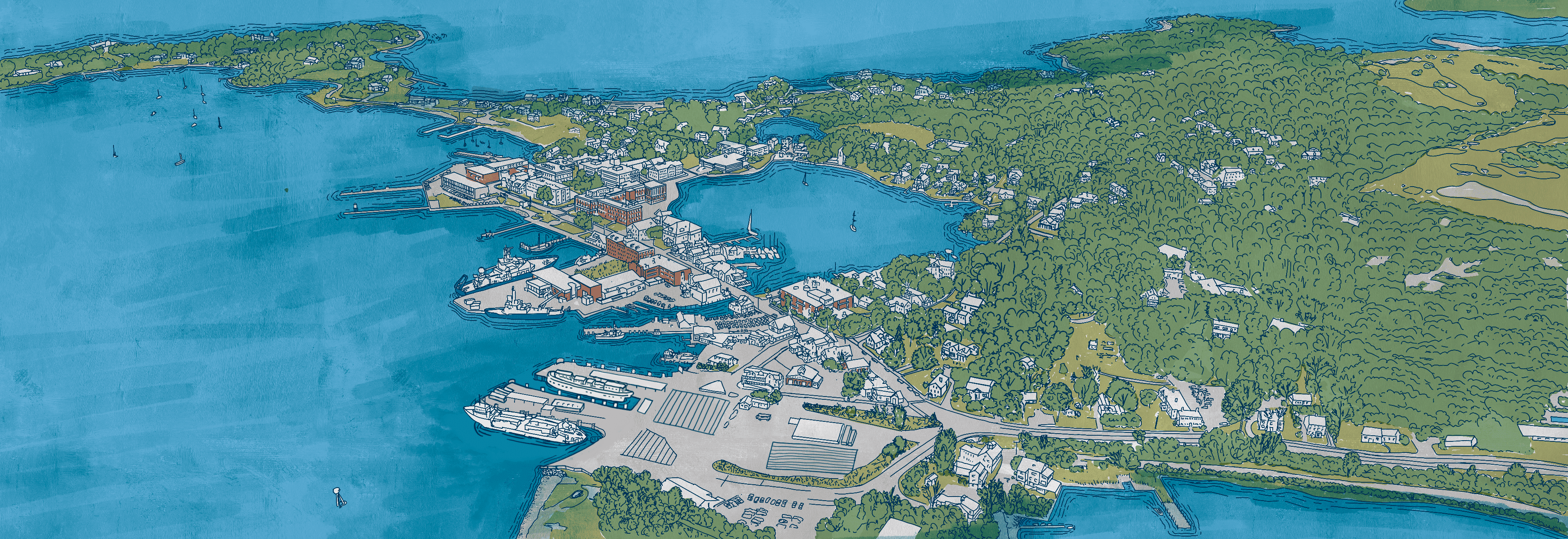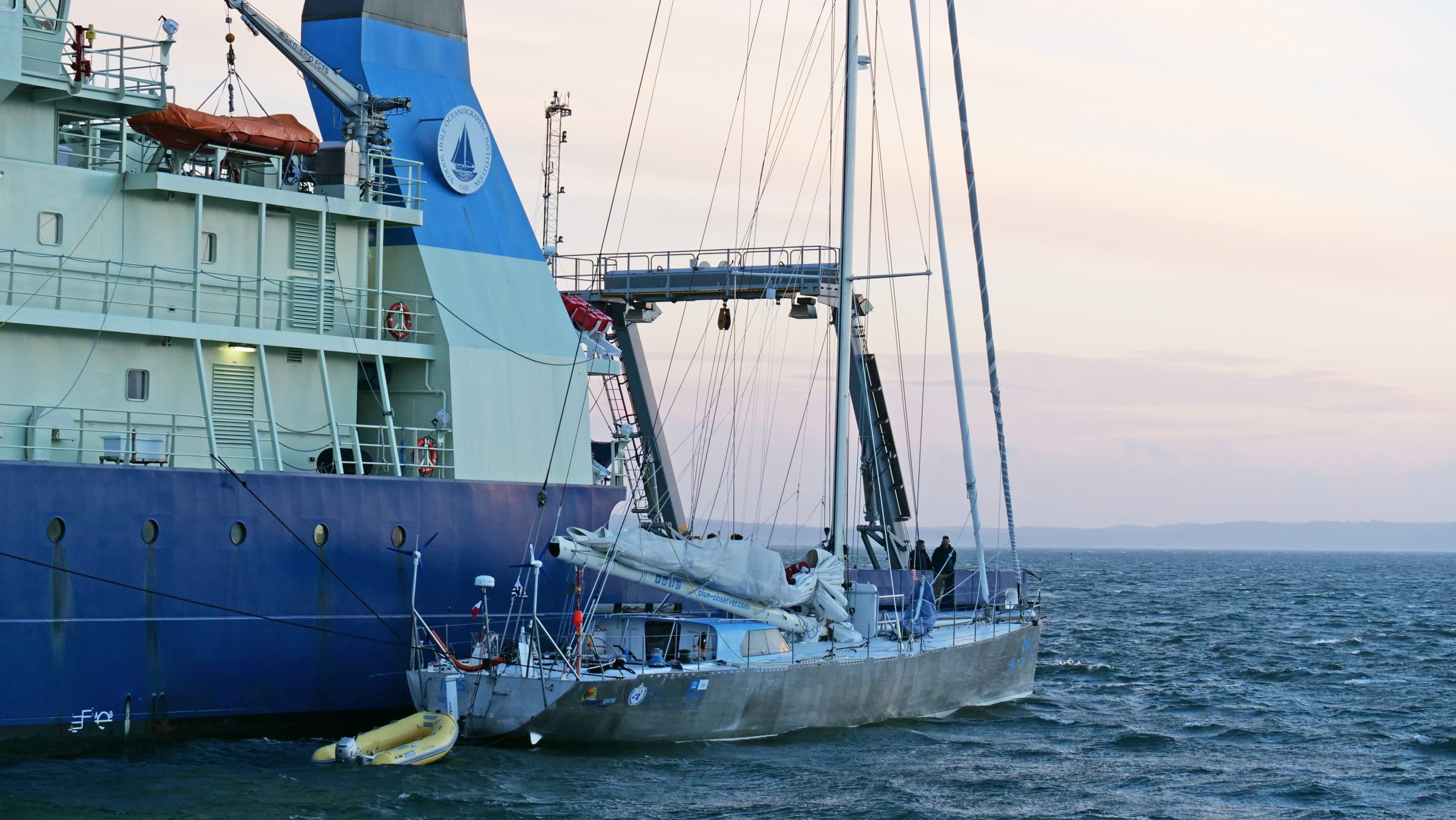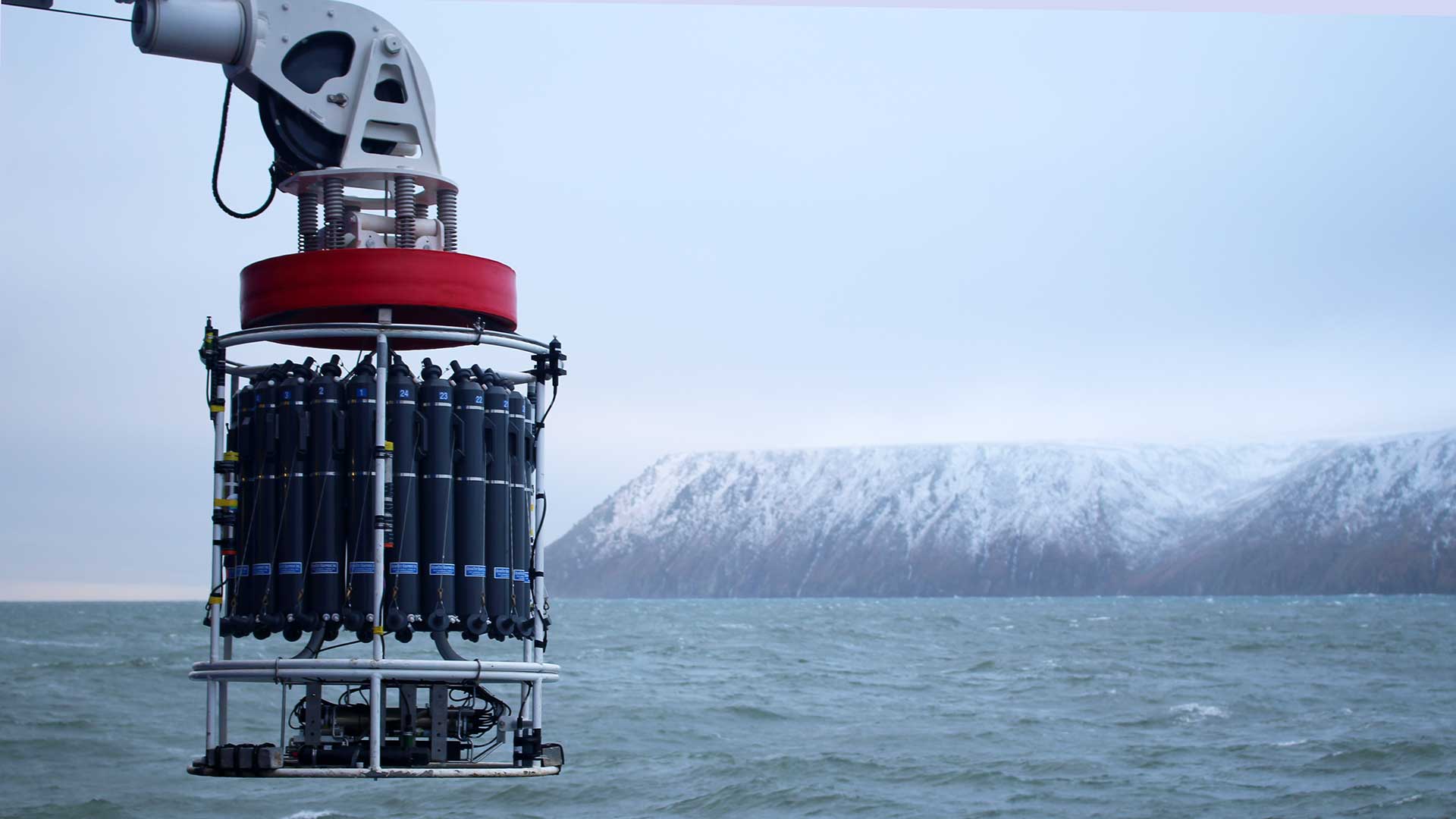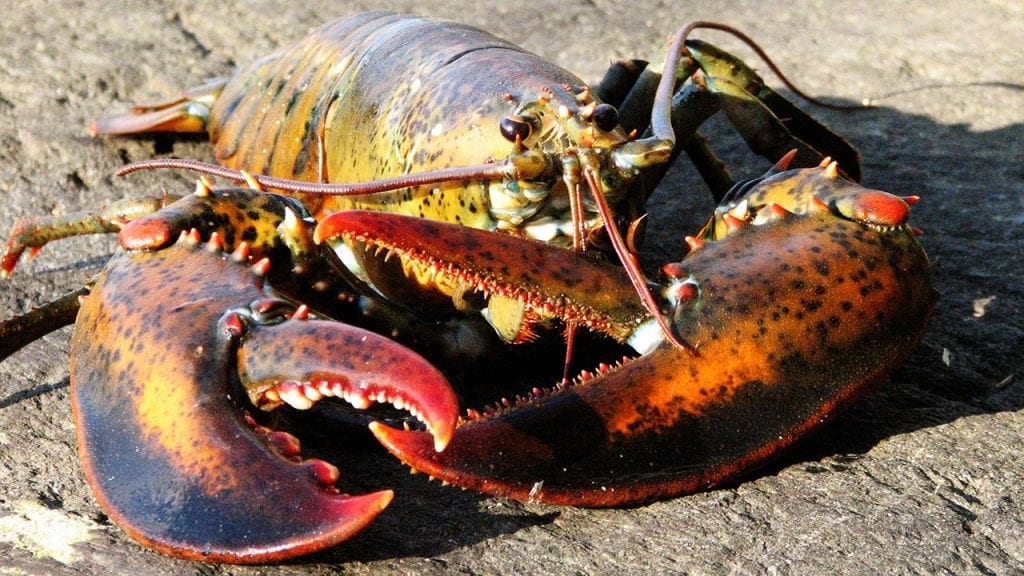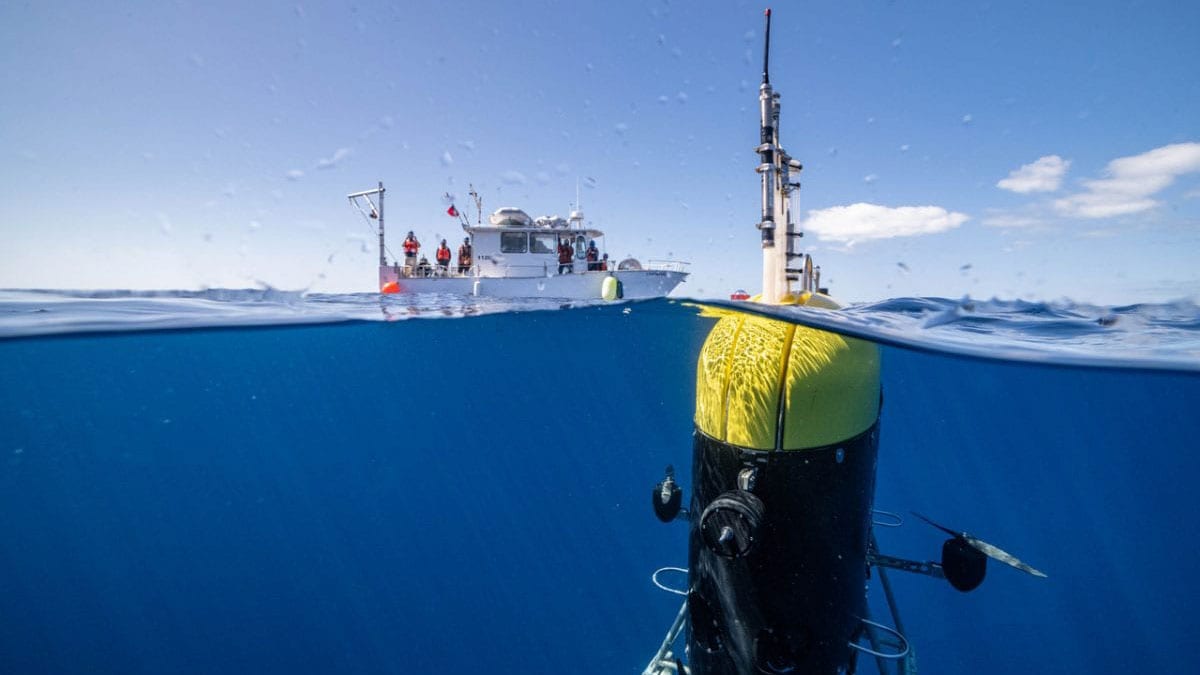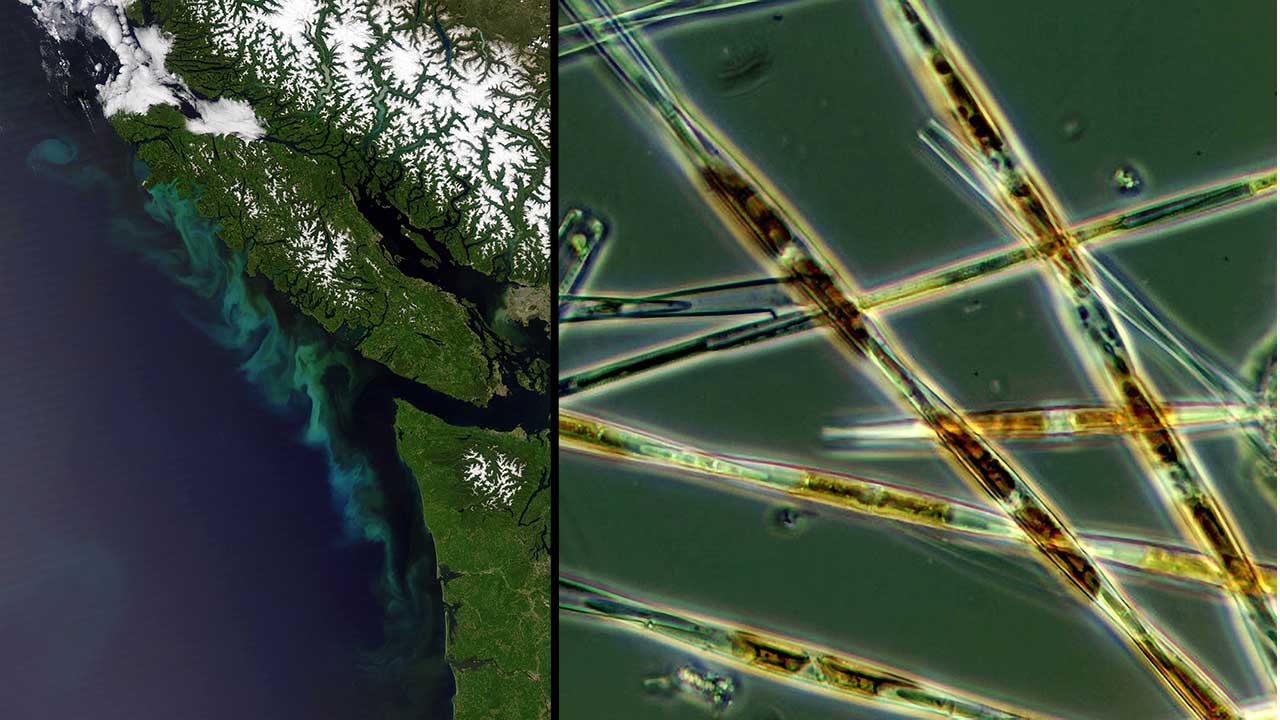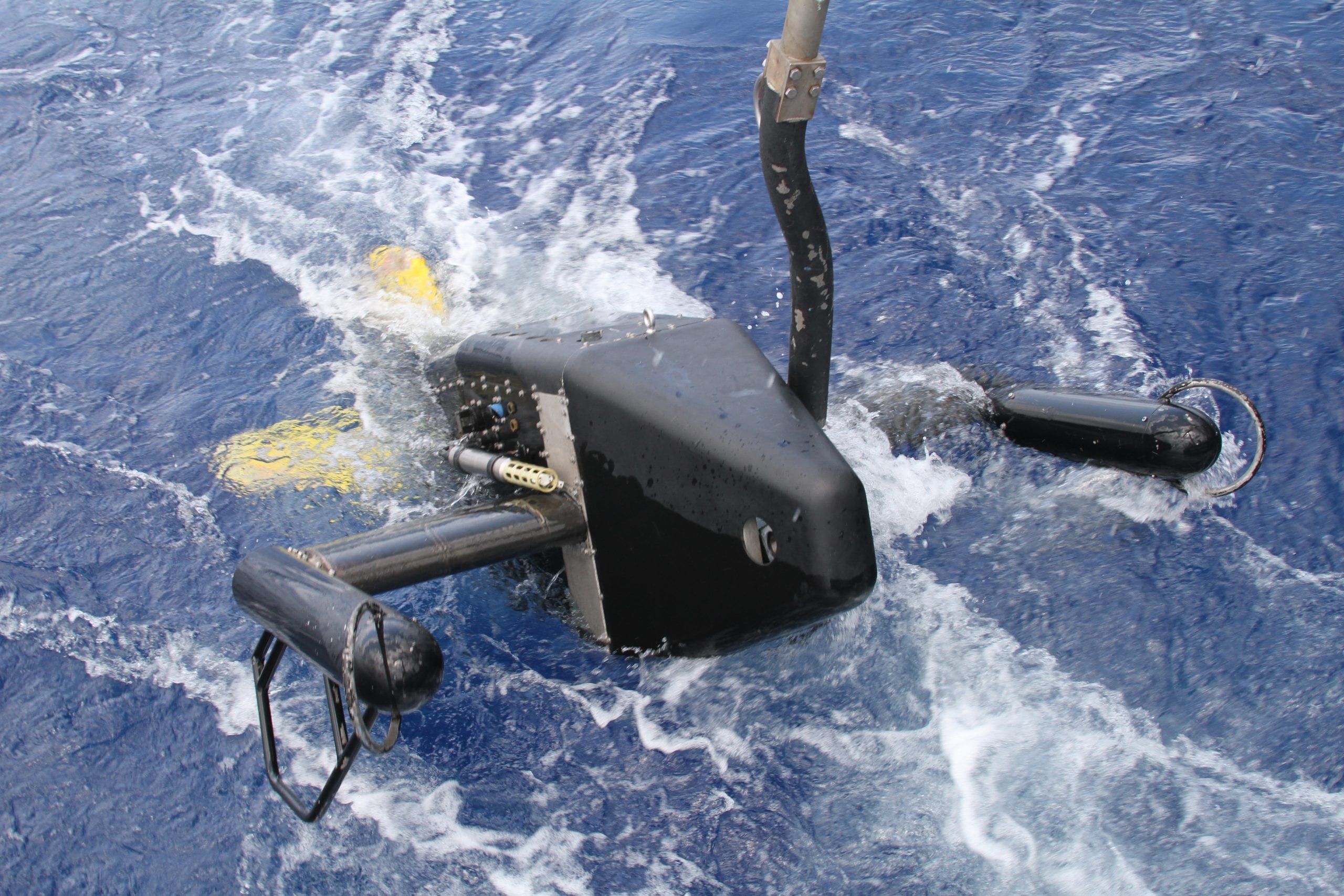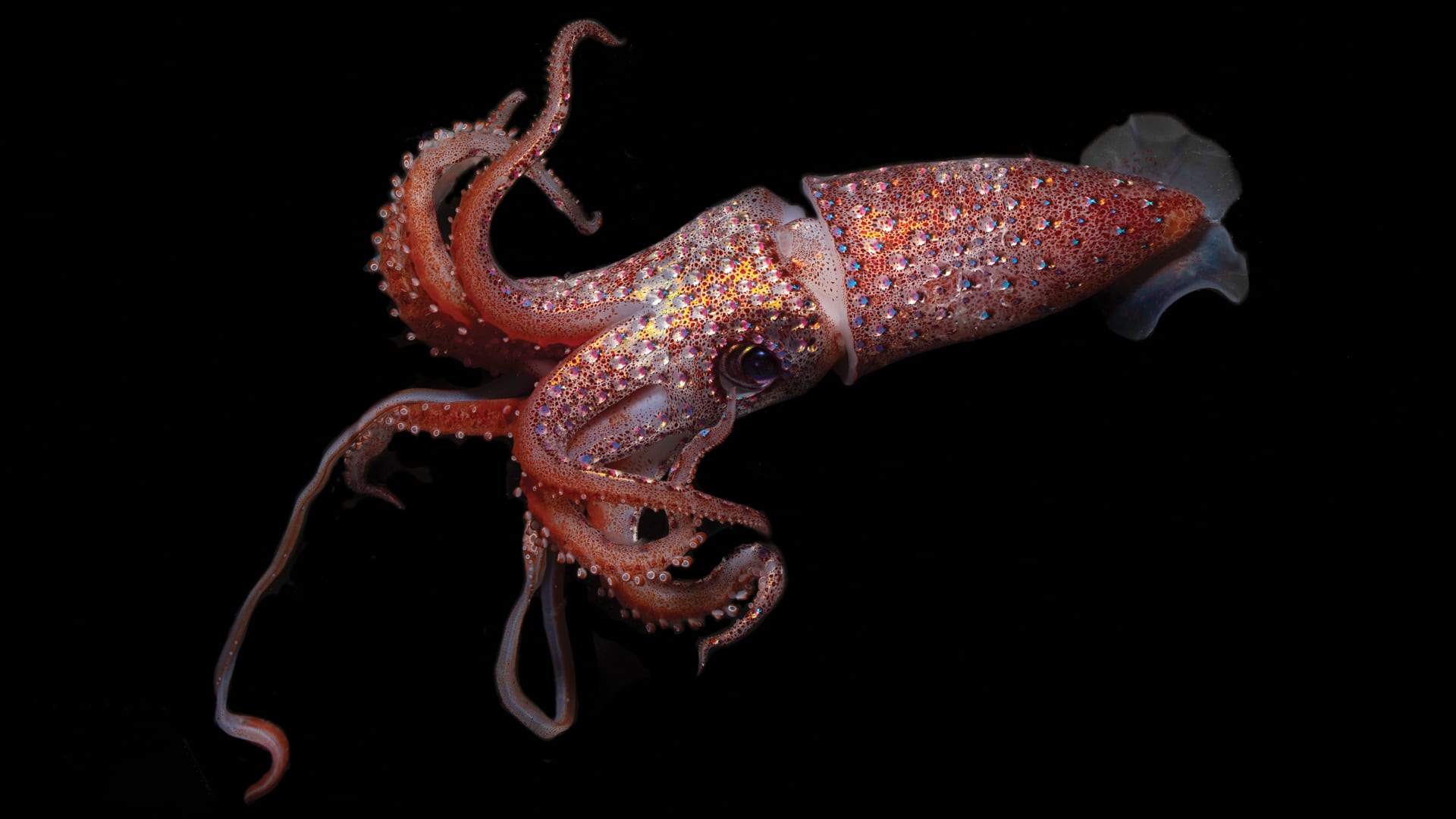News Releases
Mid-depth waters off the United States East Coast are getting saltier
A new study led by Woods Hole Oceanographic Institution (WHOI) shows a significant increase in frequency of warm saltwater intrusions from the deep ocean to the continental shelf along the Middle Atlantic Bight, which extends from the Gulf of Maine to Cape Hatteras, North Carolina.
Read MoreWHOI signs a memorandum of understanding with Portuguese Ocean Institute
Today, the Woods Hole Oceanographic Institution (WHOI) signed a memorandum of understanding with Instituto Português do Mar e da Atmosfera (IPMA), the Portuguese national authority responsible for monitoring the country’s ocean, atmosphere, and land.
Read MoreClimate change could lead to a dramatic temperature-linked decrease in essential omega-3 fatty acids
The effects of global climate change already are resulting in the loss of sea ice, accelerated sea level rise, and longer and more intense heat waves, among other threats. Now, the first-ever survey of planktonic lipids in the global ocean predicts a temperature-linked decrease in the production of essential omega-3 fatty acids, an important subset of lipid molecules.
Read MoreSmaller female North Atlantic right whales, fewer calves
The declining body size of North Atlantic right whales may have critical consequences for the future of the species. New research, co-authored by Woods Hole Oceanographic Institution’s senior scientist Michael Moore, shows that smaller females produce fewer calves.
Read MoreWHOI & Pangaea Logistics Solutions to advance ocean science data acquisition through Science RoCS program
WHOI and Pangaea Logistics Solutions (Pangaea), a U.S. based, international maritime and logistics transportation company, today announced the launch of a new science program aboard Pangaea’s fleet of ships. Science RoCS (Science Research on Commercial Ships) is an innovative program pairing scientists with commercial vessels to regularly monitor the vast and open ocean, particularly along repeat routes in hard-to-reach areas where critical gaps in monitoring exist.
Read MoreWHOI-led team awarded $7.6M to support Gulf of Mexico Loop Current research
A Woods Hole Oceanographic Institution-led research team has been awarded $7.6 million from the Gulf Research Program (GRP) of the National Academies of Sciences, Engineering, and Medicine (NASEM).
Read MoreWHOI collaborates with CMA CGM to increase protections for marine mammals
A collaboration between Woods Hole Oceanographic Institution (WHOI) and the CMA CGM Group, a world leader in shipping and logistics, aims to increase whale detection efforts along the U.S East Coast, particularly for North Atlantic right whales, and reduce the potential for ship strikes along critical shipping routes.
Read MoreEvidence Bolsters Classification of a Major Spawning Ground for Atlantic Bluefin Tuna Off the Northeast U.S.
The Slope Sea off the Northeast United States is a major spawning ground for Atlantic bluefin tuna (Thunnus thynnus), a new WHOI-led paper affirms. This finding likely has important implications for population dynamics and the survival of this fish.
Read MoreResilient Woods Hole releases new, interactive tools to prepare for climate change
ResilientWoodsHole (RWH) initiative releases new interactive website tools to further engage the local community in its collective goal of securing a climate-resilient future for the coastal village of Woods Hole
Read MoreNew ocean floats to boost global network essential for weather, climate research
WHOI and partners join together to launch approximately 100 new Argo floats across the Atlantic Ocean to collect data that supports ocean, weather and climate research and prediction
Read MoreStudy Finds Growing Potential for Toxic Algal Blooms in the Alaskan Arctic
A warming Arctic presents potential new threats to humans and marine wildlife in the fast-changing region Changes in the northern Alaskan Arctic ocean environment have reached a point at…
Read MoreStudy Shows that Lobsters Can Detect Sound
A new study demonstrates that lobsters can detect low-frequency sound and suggests that anthropogenic noise could affect lobsters. The study comes out at a time when the construction of more offshore wind farms, with their associated underwater pile driving noise, is being considered in New England.
Read MoreUnderwater robot offers new insight into mid-ocean “twilight zone”
Woods Hole, MA (June 16, 2021) — An innovative underwater robot known as Mesobot is providing researchers with deeper insight into the vast mid-ocean region known as the “twilight zone.”…
Read MoreFirst Global Statistical Analysis of Harmful Algal Blooms
International study finds no worldwide trend in blooms, but significant increases in some regions and of certain species, pointing to the need for better monitoring and data collection—especially in light…
Read MorePapers Explore Massive Plankton Blooms with Very Different Ecosystem Impacts
Two papers explore the distribution and abundance of plankton and what conditions lead to big plankton blooms with vastly different potential impacts on the ecosystem.
Read MoreWoods Hole Oceanographic Institution Wants Everyone to “Keep it Weird”
Campaign raises awareness of the ocean twilight zone by celebrating the “weird” in all of us Woods Hole, Mass. (May 27, 2021) — Woods Hole Oceanographic Institution (WHOI) wants to…
Read More


